What We Do

Maternal and Newborn Health
USAID supports the inextricable link between the health of women and their children with broader development objectives. In support of this link, USAID is increasing equitable access to quality care before, during, and after childbirth to decrease preventable deaths and support the health of mothers and newborns throughout pregnancy, the first year of life, and across the lifespan.
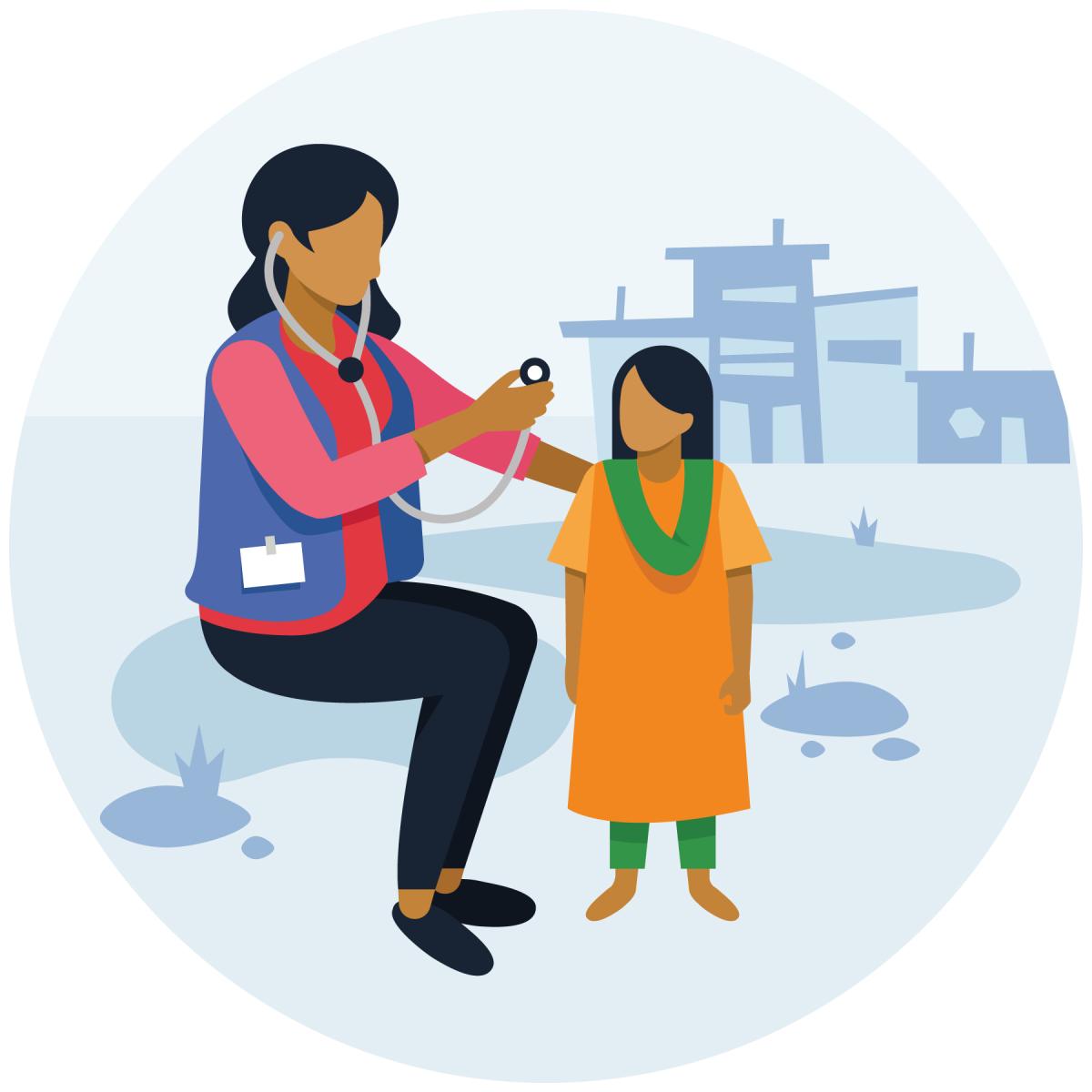
Child Health
Expanding equitable access to quality health care for children can decrease preventable deaths among children under five years old. USAID partners with countries to strengthen primary health care services that implement evidence-based, affordable, accessible interventions at scale to reduce the leading causes of childhood mortality, including diarrhea and pneumonia.
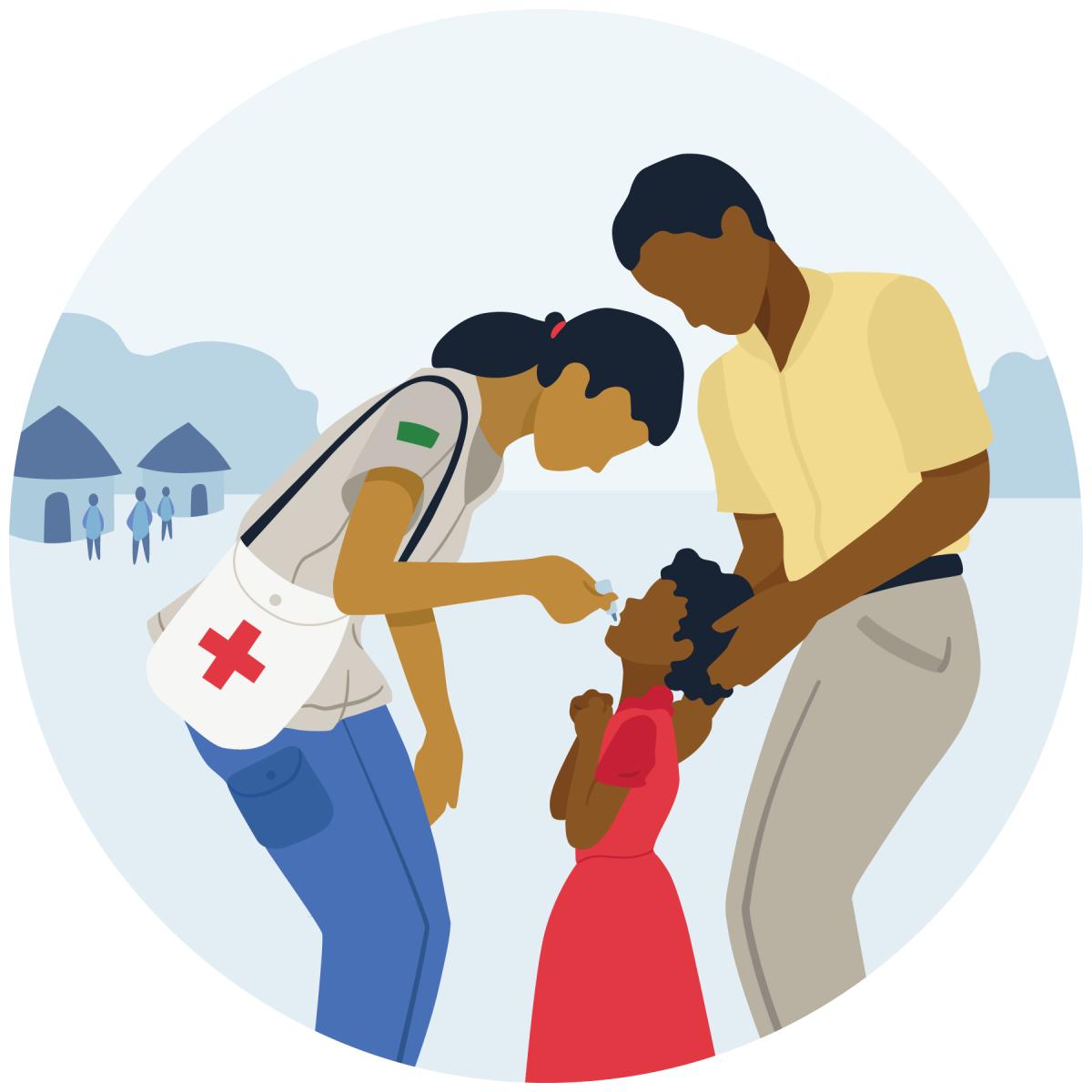
Immunization
Vaccines are powerful tools for saving lives, stopping the spread of infectious diseases, and helping communities thrive–but not every child has access. USAID works to eliminate disparities in access to vaccines by strengthening routine immunization systems.
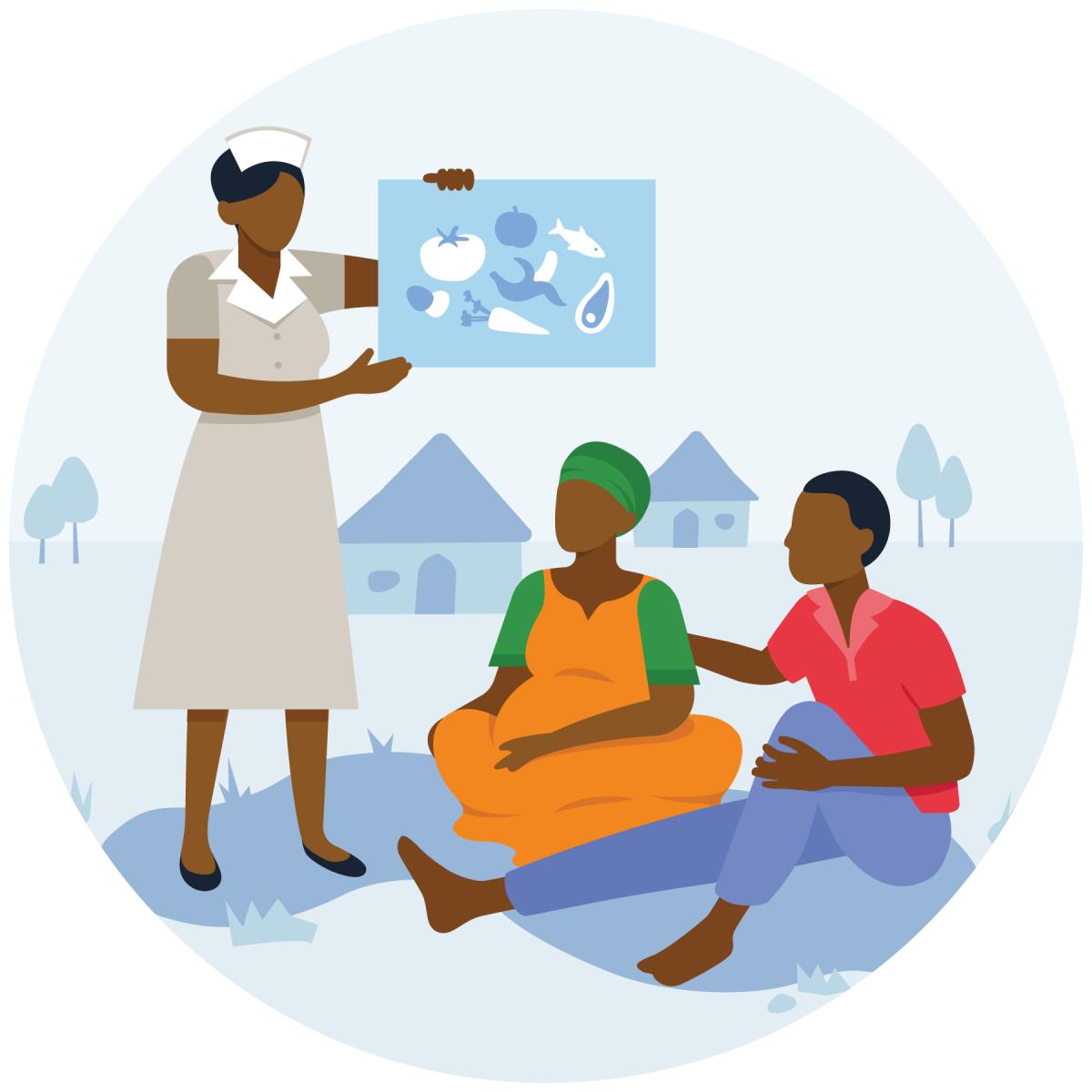
Nutrition
Good nutrition is essential to the health and well-being of individuals, families, communities, and entire nations. USAID equips people with the skills, tools, and resources to improve their families’ health, diets, and nutrition, especially early in life when it matters most.
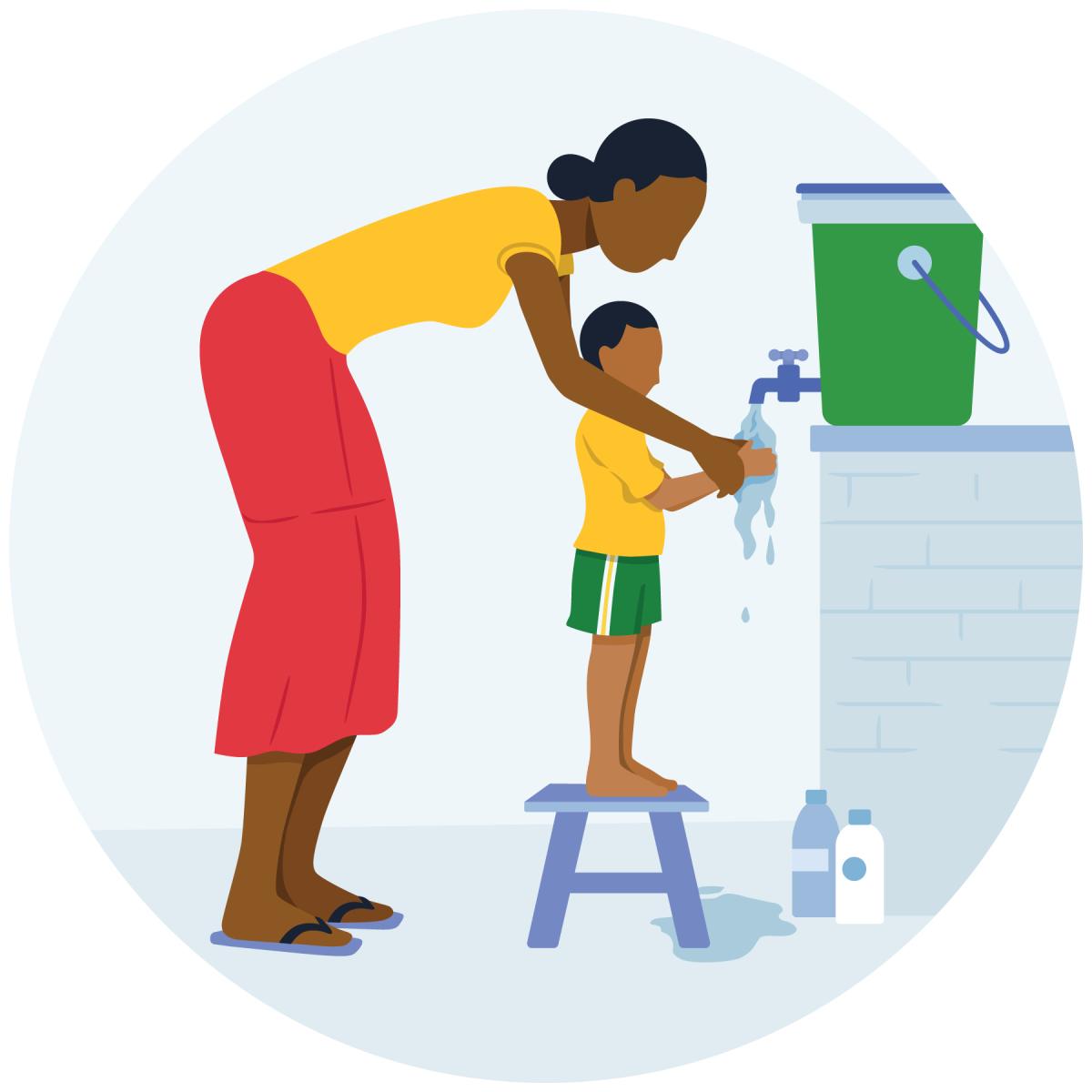
Water, Sanitation, and Hygiene
Equitable access to water, sanitation, and hygiene is essential to achieving broader development goals and supporting the health and dignity of all people. USAID improves access to safe, sustainable water and sanitation services and promotes innovative approaches to enabling hygiene behavior change to prevent the spread of infectious, water-borne diseases.
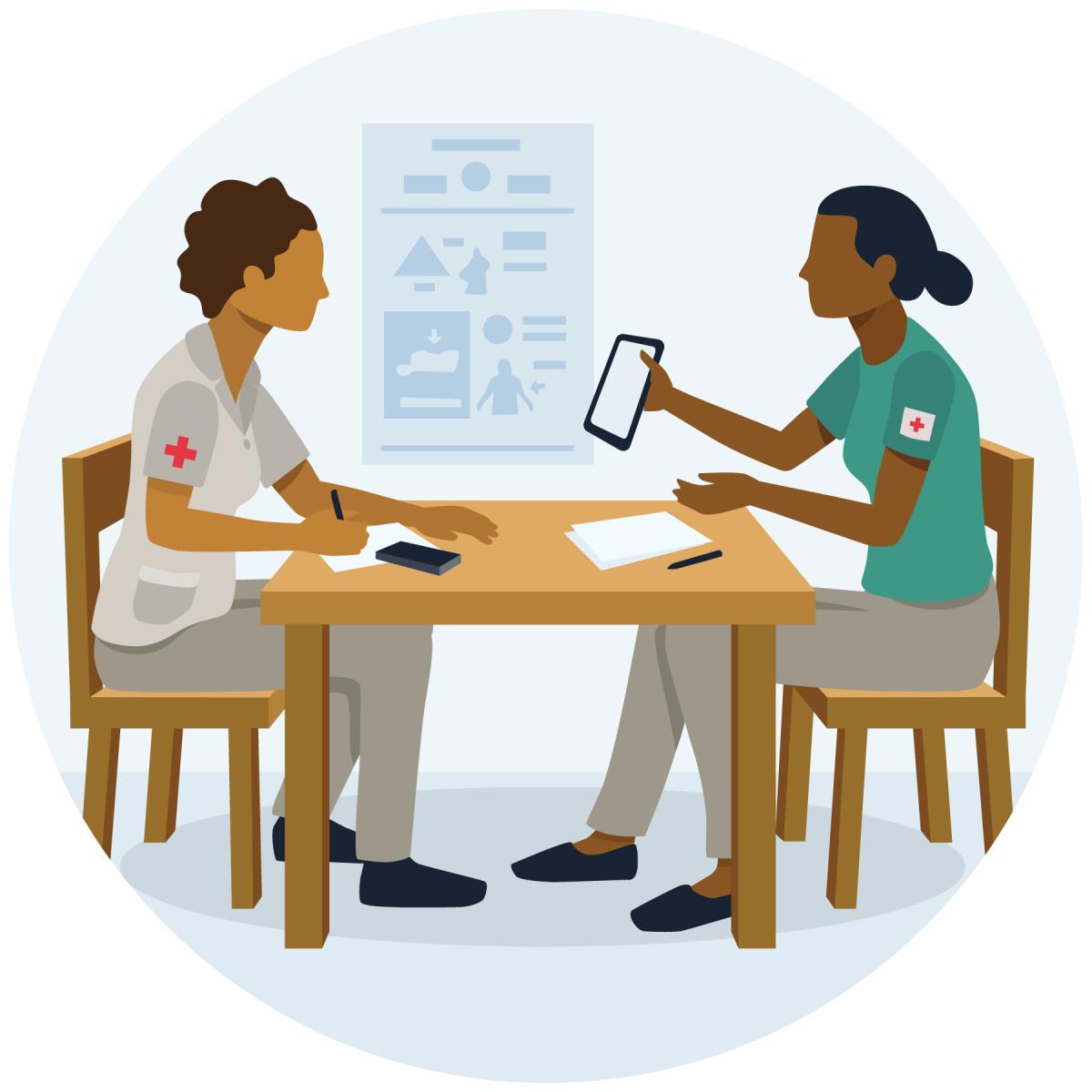
Monitoring, Evaluation, Research, and Learning
USAID supports countries to deliver evidence-based interventions and promising maternal and child health and nutrition practices. Our research identifies barriers and solutions to increasing the coverage, equity, and quality of those interventions and key practices to prevent child and maternal deaths.
Working Together to Prevent Child and Maternal Deaths
To achieve progress in maternal and child survival, it is essential to effectively integrate diverse health programs. This includes initiatives focused on health systems strengthening, malaria prevention and treatment, as well as family planning and reproductive health.
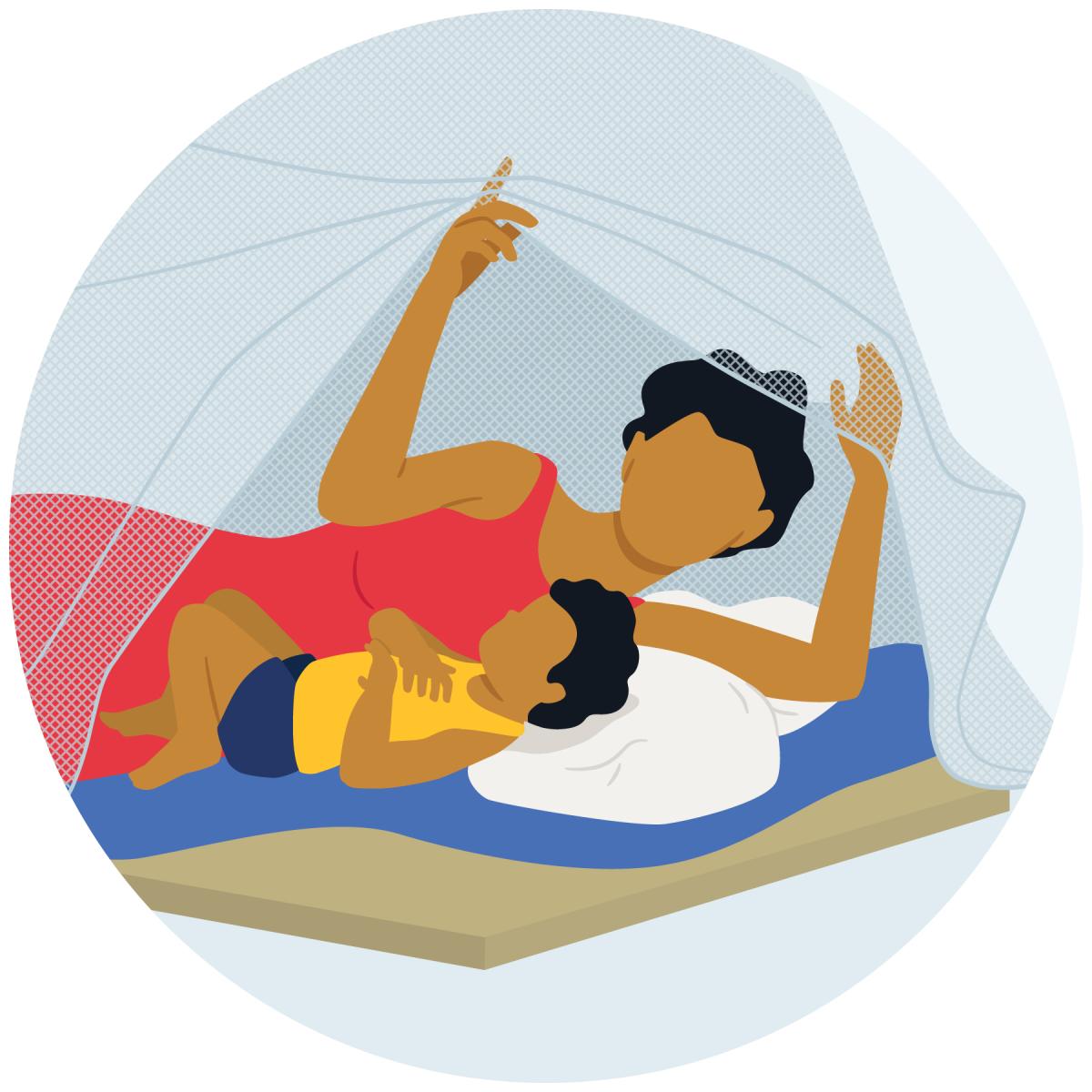
Malaria
Reducing malaria saves the lives of mothers and children, unlocking greater human potential and economic growth. USAID works closely with the governments of malaria-endemic countries to strengthen their capacity to prevent and treat malaria, with a focus on the communities at highest risk of infection.

Family Planning and Reproductive Health
Family planning protects women’s and children’s health by reducing high-risk pregnancies and allowing sufficient time between pregnancies. USAID is committed to helping countries meet the family planning and reproductive health needs of their people, guided by the principles of voluntarism and informed choice.
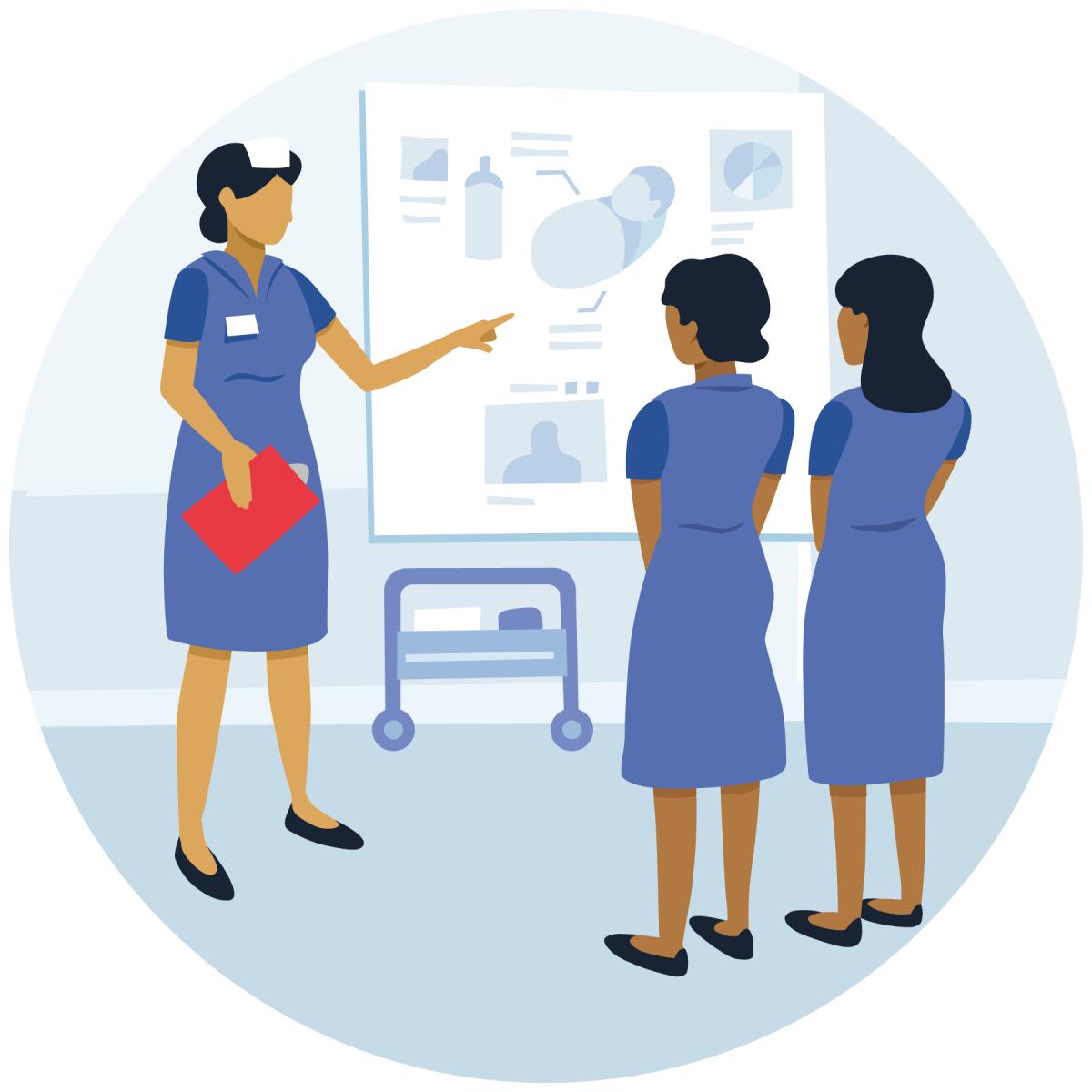
Health Systems Strengthening
Effective, integrated health systems anchored in primary health care are associated with better health outcomes and improved equity—priorities for increasing maternal and child survival. USAID’s health system strengthening approaches are based on whole-of-society engagement, locally-driven solutions, and social and behavior change.
Subscribe to our mailing list for regular updates
Our quarterly e-newsletter highlights updates on USAID's maternal and child survival programs around the world.
